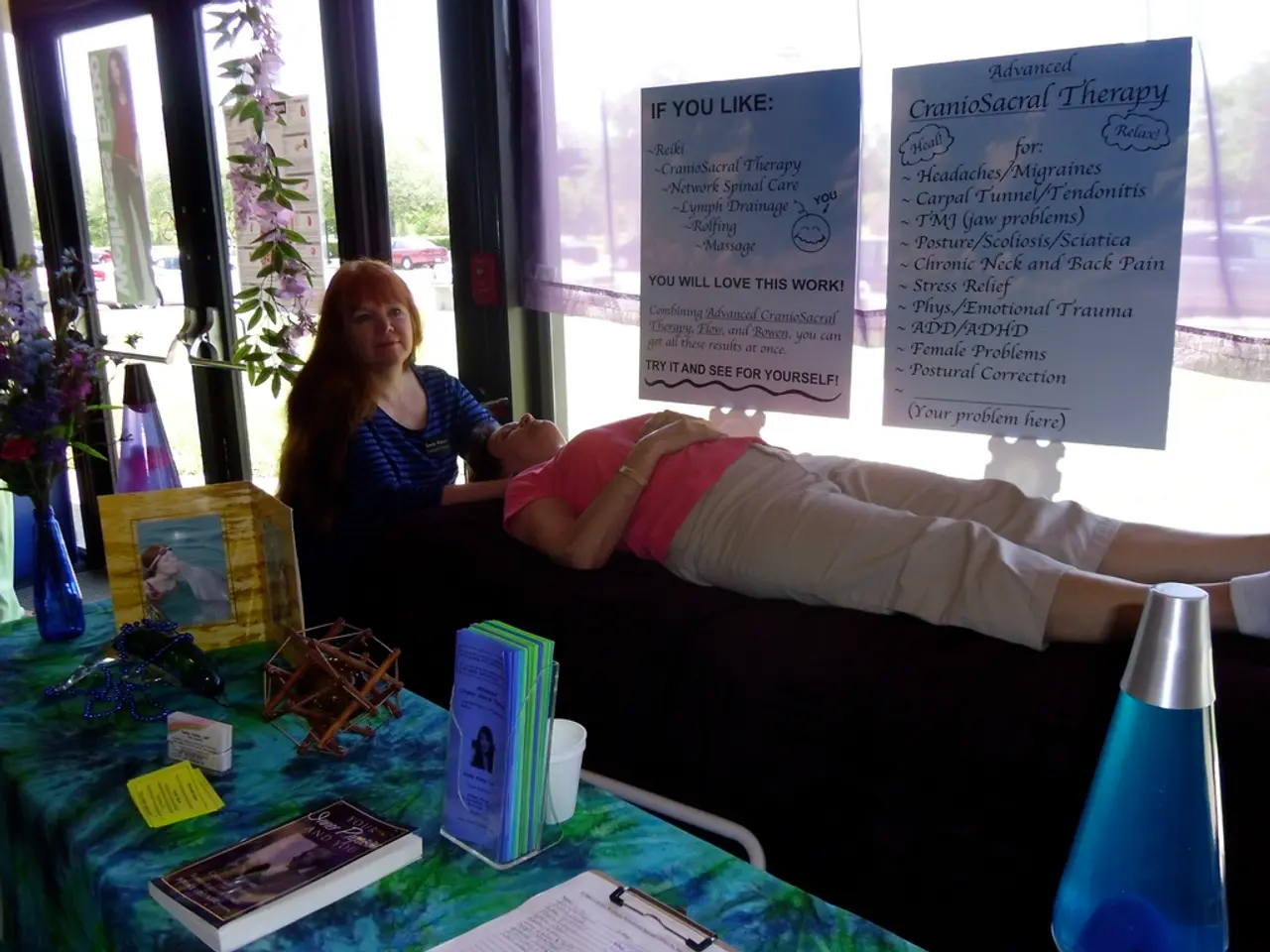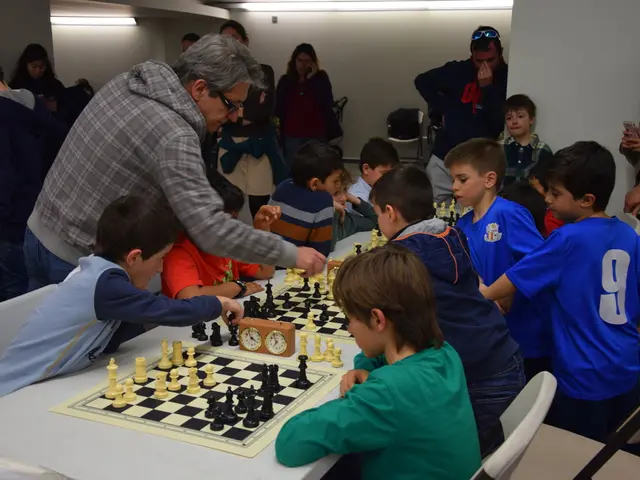Strategies for Coping with Romantic Rejection
Published by Joanne Jones on 29th June, 2024
Romantic rejection, a painful experience that many of us have encountered at some point in our lives, can leave us feeling lost, hurt, and confused. However, it is essential to remember that rejection is not a reflection of our self-worth but rather a sign that the relationship may not have been fulfilling or emotionally supportive.
Recognising the signs of romantic rejection is the first step towards healing. Emotional distancing, avoidance of intimate conversations, and denial or minimisation of relationship issues are all indicators of emotional withdrawal. Physical and emotional symptoms such as headaches, skin irritation, or a general sense of unhappiness may also manifest when the relationship is not meeting our needs. Direct indications, such as cold-shouldering or stonewalling behaviours, can also signal that the relationship is coming to an end.
Once rejection is recognised, coping with it effectively involves several key strategies. Acknowledging your feelings is crucial, allowing yourself to feel sadness, anger, or hurt rather than suppressing your emotions. Reframing the experience is also vital, understanding that rejection often reflects the other person's issues or circumstances rather than your worth. Avoiding perseveration, or obsessively thinking about the rejection, is essential, focusing instead on personal growth and future steps.
Learning from the experience is another important aspect of coping with rejection. Reflecting on what the rejection reveals about yourself and relationships in general can empower you to move forward and take healthier risks in future relationships. Respecting boundaries and avoiding harmful behaviours is also crucial, as begging, persistent messaging, public outbursts, stalking, or other harassment attempts can worsen emotional pain.
Listening to your body is equally important, noticing any physical signals of distress and practicing mindfulness or therapy to reconnect with your own needs. Engaging in supportive communication with trusted friends or professionals can also help clarify your feelings and gain perspective.
Engaging in physical, mental, and emotional well-being activities is crucial for healing after romantic rejection. Self-care activities such as going for a jog, doing an activity enjoyed, practicing mindfulness, or reading a mystery novel can help manage romantic rejection. Seeking support from friends, family members, or a therapist can also help with the healing process.
Ghosting, or cutting off all contact with someone, is a form of romantic snubbing that signals the other person is breaking off the relationship. Recognising the whiplash and letting oneself grieve is part of the healing process. It is essential to avoid making big life decisions or engaging in impulsive behaviour during this time.
In conclusion, navigating romantic rejection requires emotional acceptance, cognitive reframing, healthy boundary-setting, and self-care. By combining these strategies, you can navigate romantic rejection with resilience and preserve your well-being.
In the process of healing from romantic rejection, it's essential to remember that personal growth and future relationships can be significantly impacted by the lessons learned from the experience. Thus, one should engage in education-and-self-development activities, such as reflecting on the roots of the rejection and understanding personal patterns in love-and-dating, to prevent subsequent heartaches and grow individually. Additionally, fostering a healthy lifestyle through self-care activities like regular exercise, mindfulness practices, and leisure pursuits can facilitate emotional healing and overall personal-growth.




